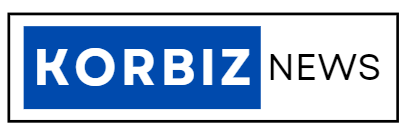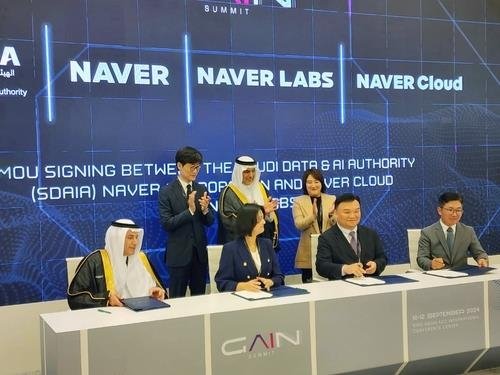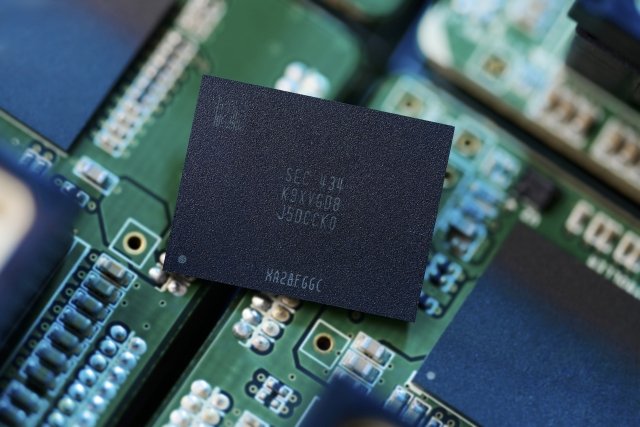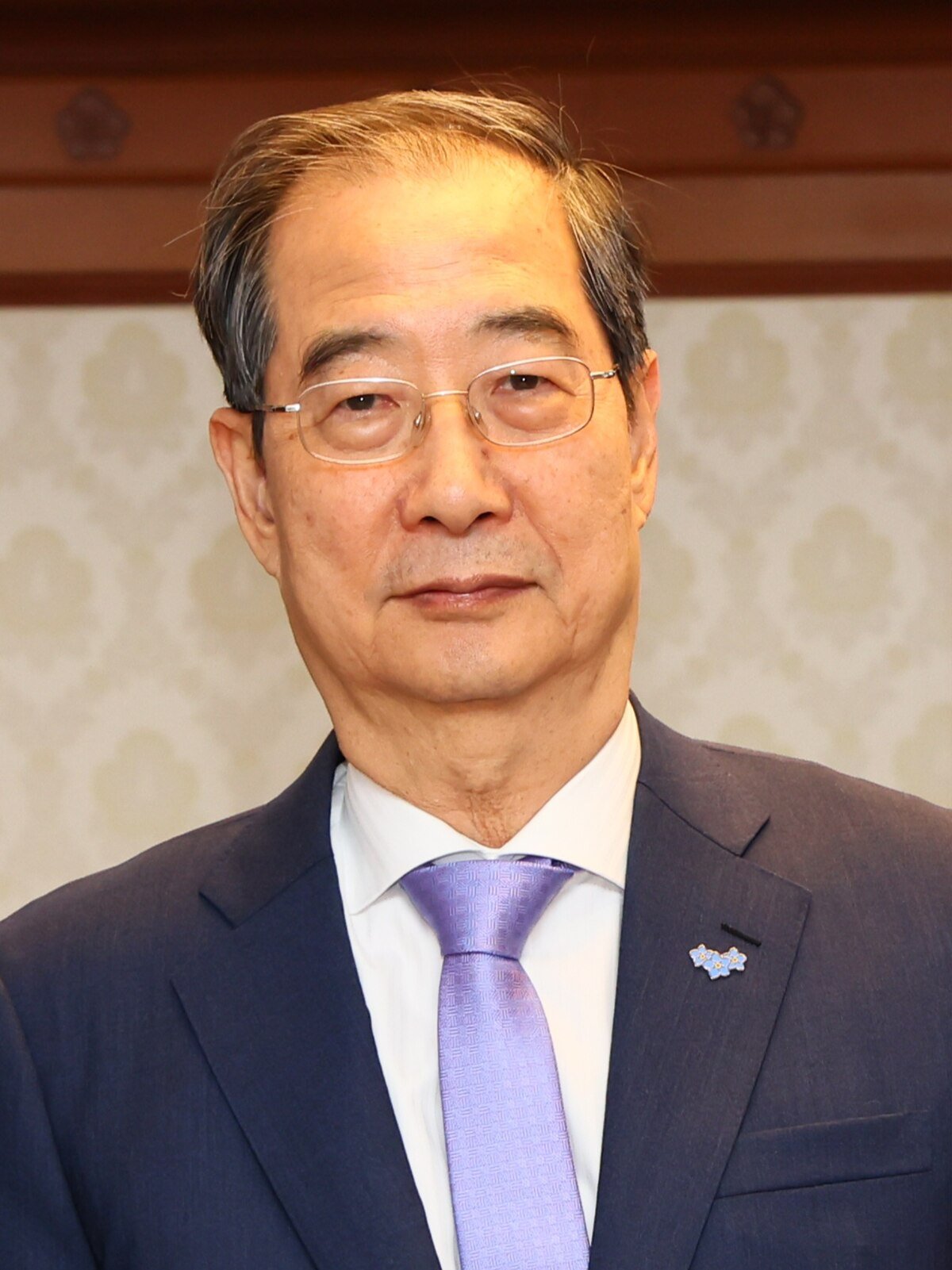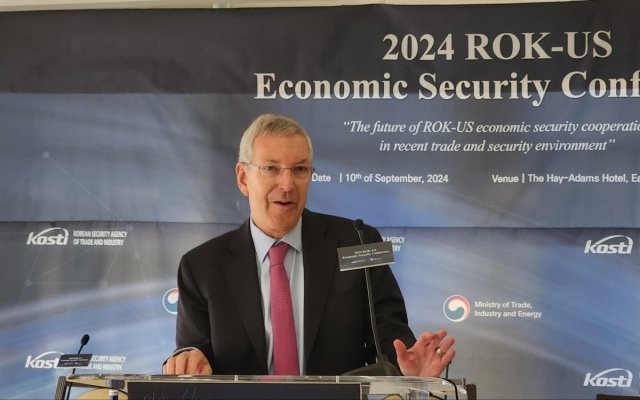
The US is ramping up pressure on South Korea to align with its export control measures against China, urging advanced chips like High Bandwidth Memory be provided only to allies. As additional trade restrictions are expected, experts here say it is important for the Korean government and chipmakers to keep up negotiations to protect Korea’s interests.
In his latest remark on Tuesday, US Under Secretary of Commerce for Industry and Security Alan Estevez called on Korean chipmakers to supply their cutting-edge HBM chips for the benefit of the allies, rather than adversarial countries like China.
“There are three companies that make HBM chips, and two of them are Korean companies,” Estevez said during the Korea-US Economic Security Conference 2024 in Washington DC.
“It’s again important for us to have that capacity being developed and available for our own needs as well as the needs of our allies,” he said, adding his appreciation for Korea’s cooperation.
Estevez was warning of the risks of artificial intelligence used for military purposes and underscored how China should be blocked from securing cutting-edge chips like Nvidia’s graphic processing units and from using them to train large language models.
HBMs have risen as crucial components to support faster and more efficient operations of advanced graphic processing units for AI applications. Two Korean chipmakers SK hynix and Samsung Electronics combined hold some 90 percent share in the global HBM market, while US-based Micron Technology takes the rest.
 South Korean Trade Minister Cheong In-kyo speaks at the Korea-US Economic Security Conference 2024 in Washington DC on Tuesday. (Ministry of Trade, Industry and Energy)
South Korean Trade Minister Cheong In-kyo speaks at the Korea-US Economic Security Conference 2024 in Washington DC on Tuesday. (Ministry of Trade, Industry and Energy)
Over the possibility of the US imposing new export restrictions on HBM sales, Korean Trade Minister Cheong In-kyo said the government is expected to talk with the US over the matter.
“When two of the three companies (making HBM) are Korean, (export curbs) can have a big impact on us,” the trade minister told reporters after the event.
“I cannot comment when (the US) has not made any official announcement. Estevez has also said the US will cooperate with Korea and address the concerns Korean companies have.”
While Samsung and SK hynix have not disclosed the exact number of their HBM sales in China, the volume is said to be small enough that its removal would not have a significant impact on the overall sales, according to an industry official.
Still, companies are keeping a close eye on the situation, as China stands as an important market for them. According to their half-year reports, Samsung and SK hynix respectively witnessed their sales surge in China in the first half of this year.
Samsung Electronics reported sales of 32.3 trillion won ($24.1 billion) in China in the first half of this year, up 81.6 percent on-year. China’s share of Samsung’s total sales also rose from 9.6 percent in the first half of last year to 16.1 percent this year.
SK hynix also posted 8.6 trillion won in sales in China in the first half of the year, jumping 121.7 percent on-year.
The HBM demand in China is mainly focused on the HBM2 and HBM2E models, which are two generations behind the most advanced HBM3E chips. According to a Reuters report last month, China has been stockpiling HBMs from Samsung in anticipation of new US export controls over the cutting-edge chips.
Samsung did not confirm, but Reuters cited a source claiming China took about 30 percent of the chipmaker’s HBM chip sales in the first half of this year.
“Given that its domestic technology development is not yet fully mature, China’s demand for Samsung’s HBM (chips) has become exceptionally high, as other manufacturers’ capacities are already fully booked by American AI companies,” said Nori Chiou, investment director at Singapore-based White Oak Capital Partners, in the Reuters report.
In Tuesday’s event, the US under secretary also reiterated the US push for export controls on critical technologies, including quantum computing and the gate-all-around (GAA) chipmaking process and urged Korea to join the effort.
“Several other like-minded countries have already announced or implemented new national controls for these items and we anticipate that additional countries will do so,” Estevez said.
“These controls were talked about in a multilateral way. So we hope that Korea will soon announce that they are also putting on these controls.”
Experts suggest the Korean government and chipmakers should keep up the negotiation with the US to minimize negative impacts on the industry.
“Unlike Japan and the Netherlands, Korea cannot 100 percent align with the US export controls because the country is highly reliant on exports to China,” Kim Yang-paeng, a researcher at the Korea Institute of Industrial Economics and Trade, said.
“The US will continue to strengthen export restrictions on China, so the government and chipmakers should find ways to and also gain diplomatic and technological leverage for better negotiations.”
